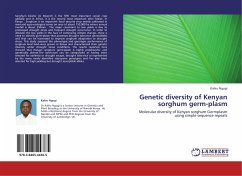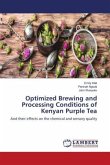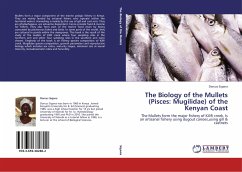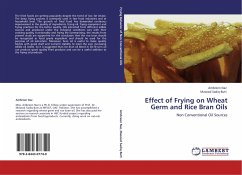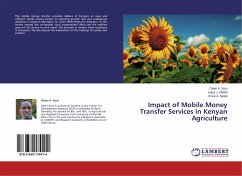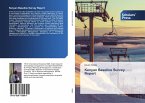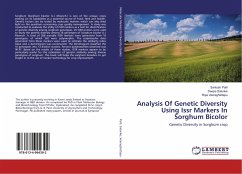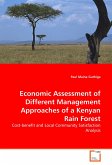Sorghum bicolor (L) Moench is the fifth most important cereal crop globally and in Africa, it is the second most important after Maize. In Kenya , Sorghum is an important food security crop mainly cultivated in semi-arid agro-ecological zones on area of about 150,000 ha where annual rainfall is about 250mm . The major constraint to low yields is due to prolonged drought stress and frequent drought occurrence. In order to alleviate the low yields in the face of continuing climate change, there is need to identify germ-plasm that possesses drought tolerance genes/alleles and that can be harnessed to improve sorghum adaptation to drought stress. This study assessed the phenotypic and genotypic performance of sorghum local land-races grown in Kenya and characterized their genetic diversity under drought stress conditions. The results reported here showed that Kenyan sorghum germ-plasm is highly polymorphic and genetically diverse.The land-races can be categorized as having been selected for earliness or drought escape, drought tolerance as represented by the many newly identified stay-green genotypes and has also been selected for high yielding but drought susceptible alleles.

